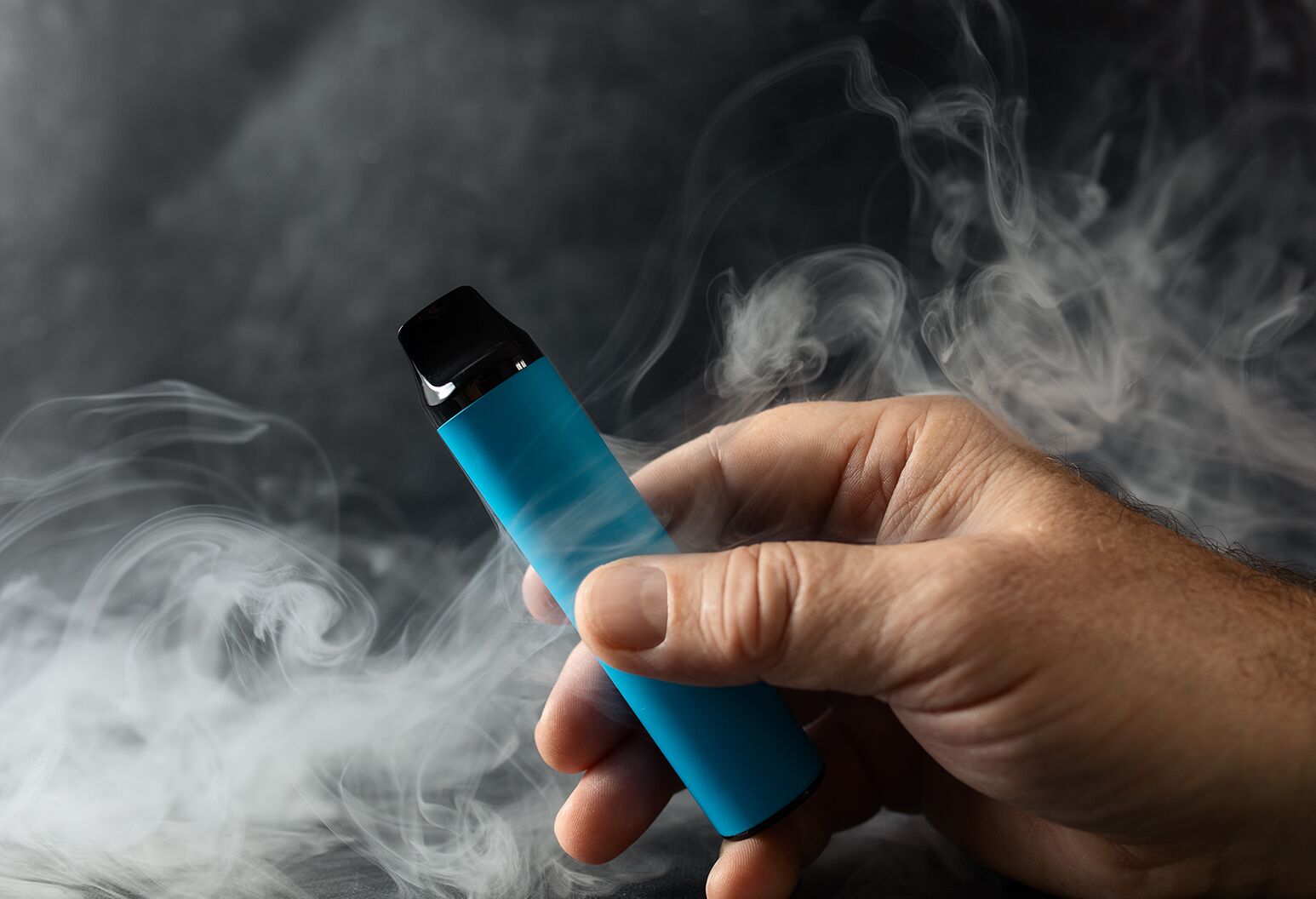Nicotine, the addictive chemical found in tobacco products and vapes, can linger in your system far longer than most realize. Whether you’re facing a drug test, trying to quit smoking, or simply curious about nicotine metabolism, understanding how long it stays in your body is crucial. This guide breaks it down by systems, tests, timelines, and factors that influence clearance.

What Is Nicotine and How Is It Metabolized?
Nicotine enters the bloodstream rapidly, usually within seconds when inhaled or absorbed. Once in your system:
- It’s broken down primarily in the liver
- The body converts it into cotinine, a more stable compound
- Cotinine levels are often measured to determine nicotine exposure
Nicotine has a half-life of 1–2 hours, but cotinine can linger for days, making it a more reliable marker for testing.
How Long Does Nicotine Stay in Your Body?
Blood
- Nicotine clears the blood within 1–3 days
- Cotinine can be detected for 1–10 days, depending on frequency of use
Urine
- Nicotine metabolites stay in the urine for 3–4 days for occasional users
- In heavy smokers, cotinine may be detectable for up to 3 weeks
Saliva
- Detectable levels of nicotine and cotinine may remain for up to 4 days
- Some tests claim even longer detection windows for regular users
Hair
- Hair testing offers the longest detection time
- Nicotine and its byproducts may be traceable for up to 3 months or more
Factors That Affect Nicotine Retention
Frequency and Amount of Use
- Occasional users metabolize nicotine faster
- Heavy users accumulate higher levels of cotinine
Type of Product
- Smoking cigarettes delivers higher nicotine doses
- Vaping may expose the body to less nicotine, but delivery varies
Individual Metabolism
- Genetics plays a role in how quickly your liver enzymes break down nicotine
- Age, diet, hydration, and liver function all affect clearance speed
How to Speed Up Nicotine Elimination
While there’s no instant detox, these methods may help reduce nicotine levels faster:
Hydration and Exercise
- Drinking water flushes toxins via urine
- Physical activity boosts metabolism and sweat excretion
Diet and Supplements
- Foods rich in antioxidants and vitamins C and E support liver function
- Green tea, broccoli, and spinach may help enhance detox
Time
- The most reliable method is simply to wait
- Cotinine levels naturally decrease as nicotine clears from the body
Nicotine Drug Testing: What to Expect
Most employers or health institutions test for cotinine rather than nicotine due to its longer half-life and accuracy. Test types include:
- Blood tests for clinical accuracy
- Urine tests for routine employment screenings
- Saliva tests for insurance or medical assessments
- Hair tests for long-term tobacco usage detection
If you’re preparing for a test, avoiding all nicotine products—including patches and gum—for at least two to three weeks can improve your chances of passing.
Final Thoughts: How Long Does Nicotine Stay in Your System?
Nicotine doesn’t hang around forever, but its metabolic traces, especially cotinine, and can persist for days or weeks depending on your habits and biology. If you’re quitting smoking or prepping for a test, understanding how long nicotine stays in your system will help you plan and take control.





















